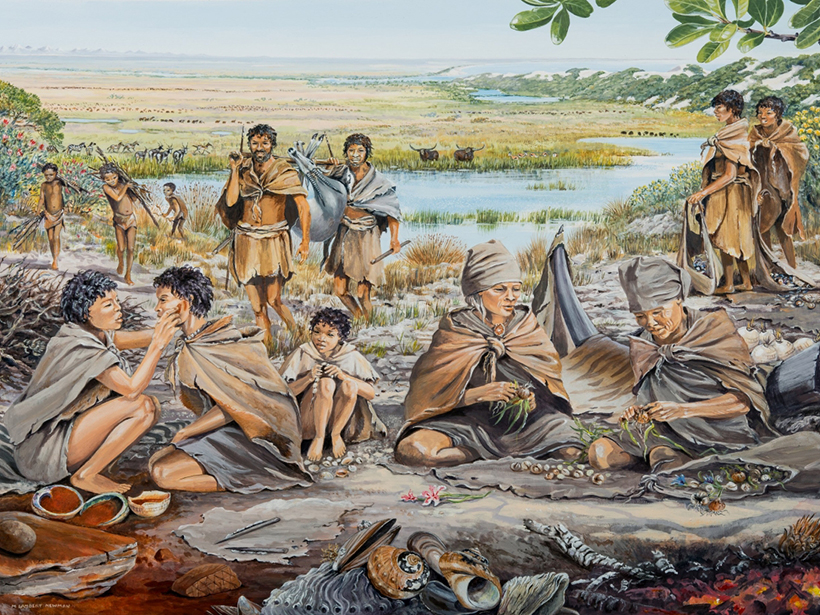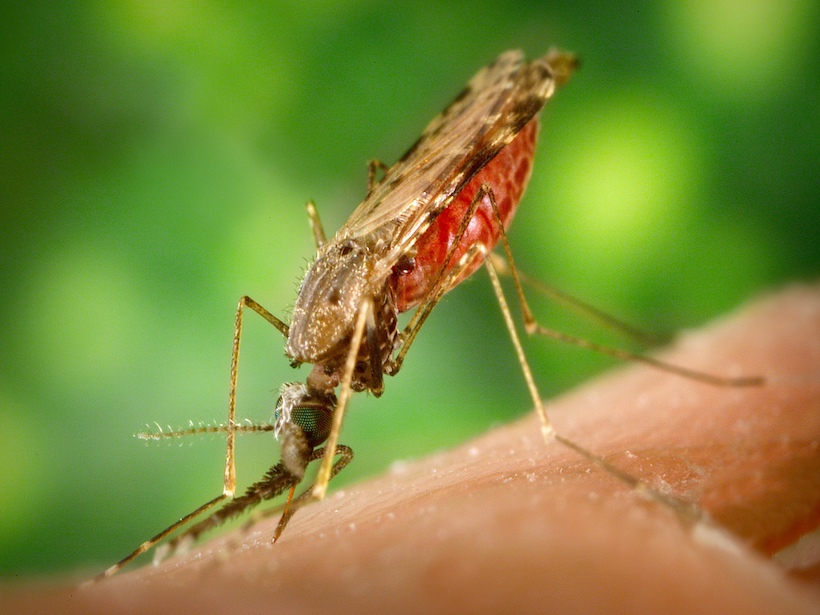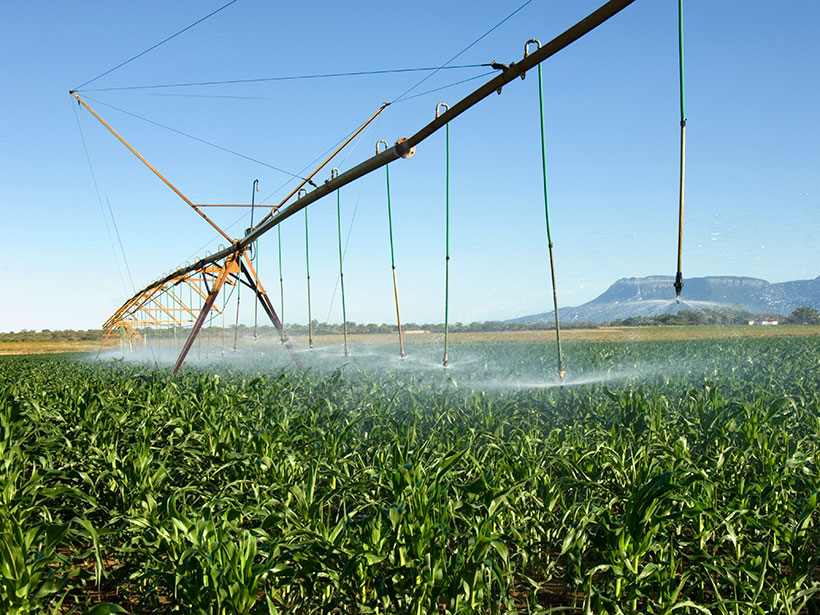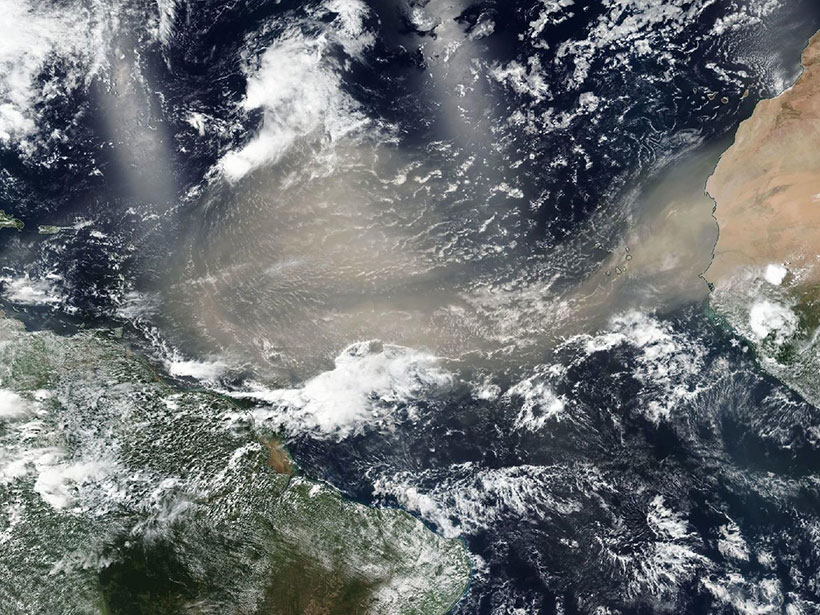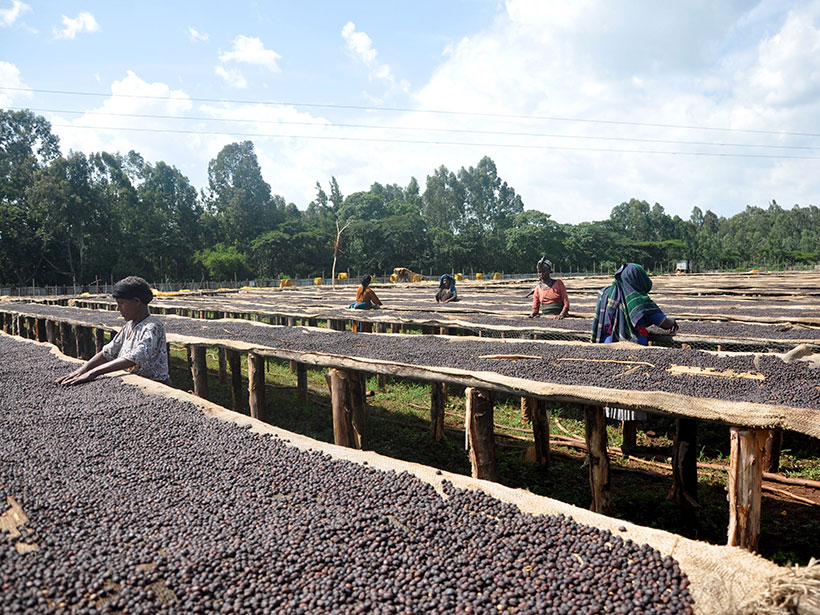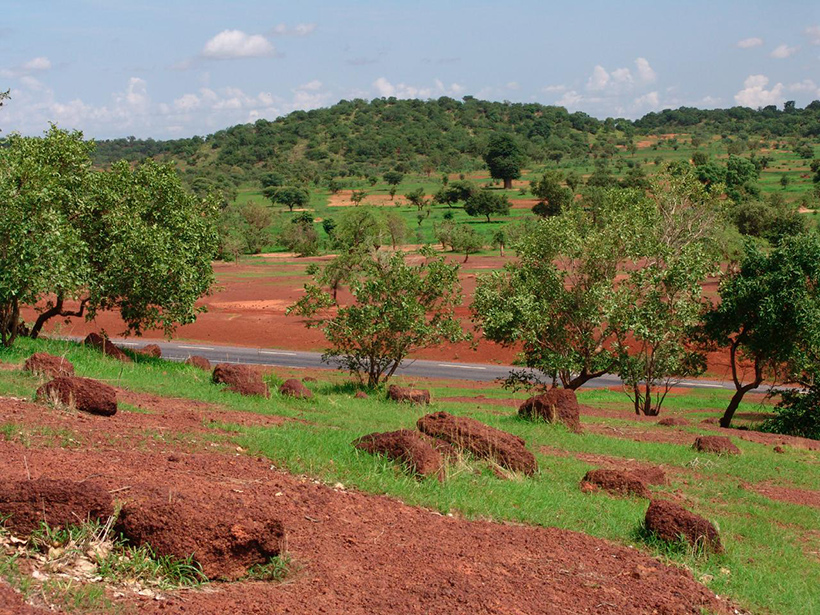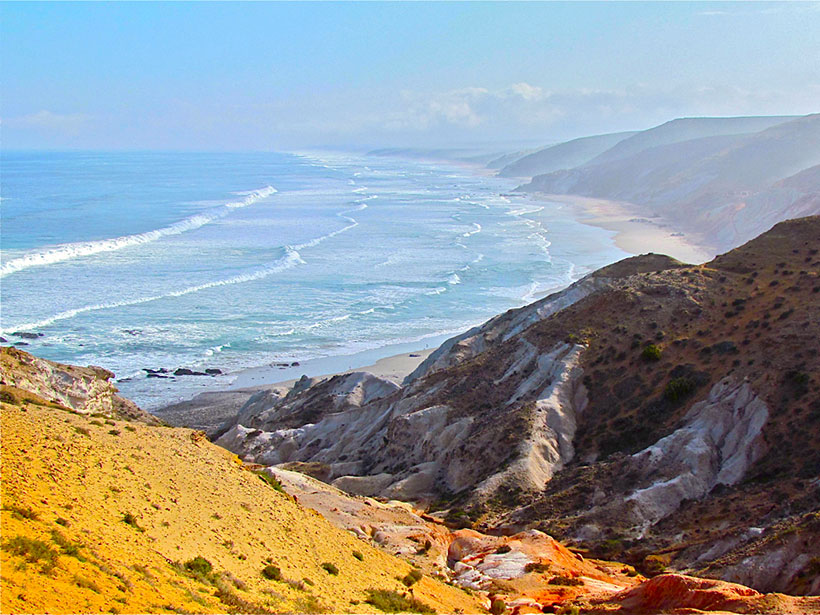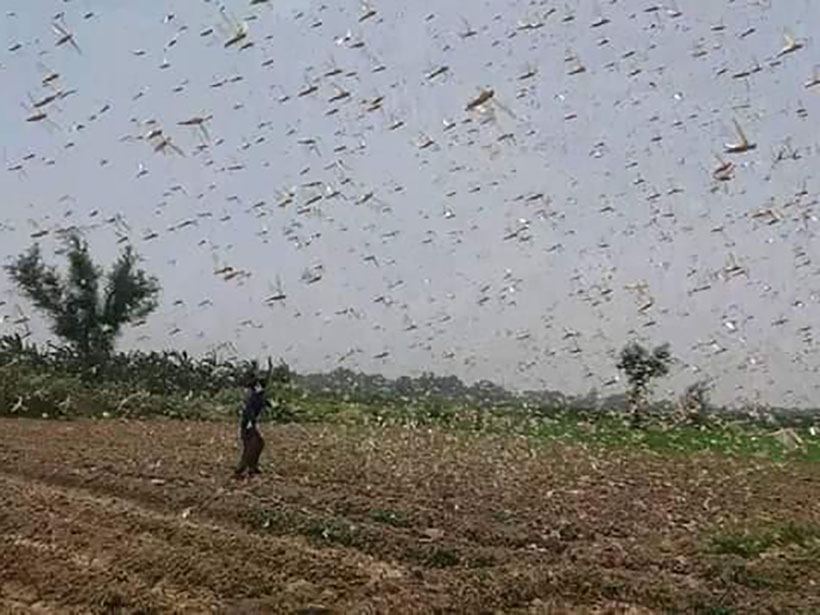Sea level changes have repeatedly reshaped the Paleo-Agulhas Plain, a now submerged region off the coast of South Africa that once teemed with plants, animals, and human hunter–gatherers.
Africa
Hydrology Helps Identify Future Malaria Hot Spots
Complex hydrological processes—not just the amount of rainfall—help determine where malaria-transmitting mosquitoes can thrive.
Minireservorios Podrían Salvar a Agricultores con Suelos Arenosos
Una tecnología de retención de agua subterránea recientemente reactivada podría conservar el agua y aumentar drásticamente el rendimiento de los cultivos en paisajes áridos con suelos arenosos como el África Subsahariana.
Trans-Atlantic Dusts May Not Enrich Amazon as Much as Thought
New research indicates that nutrient loads delivered to South American ecosystems by dust originating in Africa are far lower than suggested in previous studies.
Ethiopia’s Coffee-Growing Areas May Be Headed for the Hills
New research suggests climate change may radically redefine the regions best suited to grow one of Ethiopia’s most valuable crops.
East Africa Invests in Strategies to Manage E-Waste
As Uganda develops its e-waste policy, neighboring Rwanda establishes a broad-based plan involving incentives and high-tech facilities.
Mathematical Insights into the West African Monsoon
A tool from dynamic systems theory is helping atmospheric scientists identify how dust and moisture mix over West Africa.
Deep-Sea Mining May Have Deep Economic, Environmental Impacts
A new report supports the creation of a compensation fund for nations that rely on terrestrial mining, but it fails to dispel environmental concerns over deep-sea mining.
Ancient Sea Levels in South Africa May Offer Modern Analogues
Largely spared from disruptive tectonic activity, the South African coastline offers a natural setting to study sea levels from when Earth’s atmospheric carbon dioxide last reached today’s levels.
Record Locust Swarms Hint at What’s to Come with Climate Change
Warming oceans that feed cyclones have also bred record-breaking swarms of desert locusts. Such plagues could grow bigger and more widespread with climate change.

